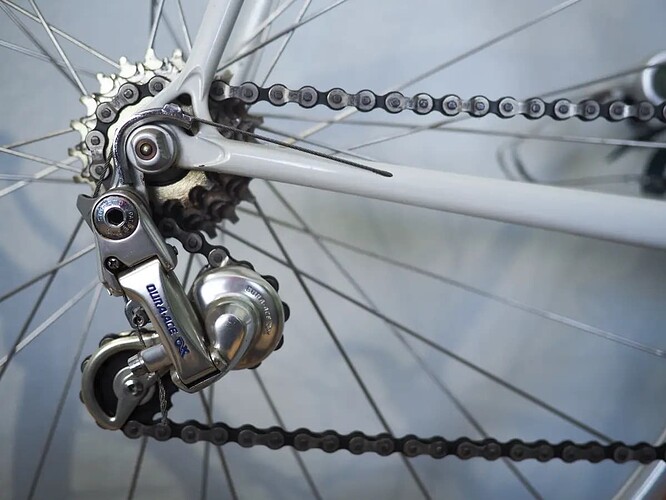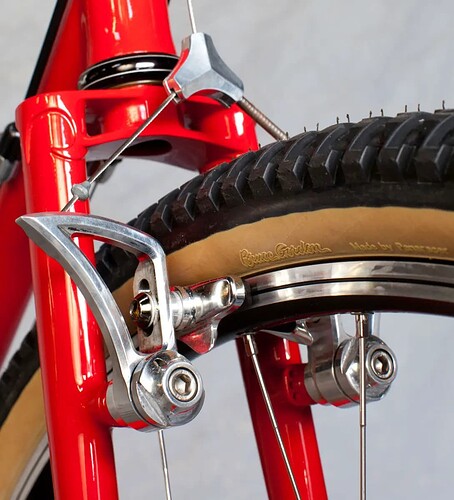I am not a framebuilder, BUT, my father was in the photography business and so was I when I started college.
What happened in the photography world is happening to the framebuilding world, let me explain:
Back in the 70’-80’-90’ to be a photographer you had to have the expensive setup, no real skills needed as the people with the equipment were so few and far between that whoever had it was a pro, doesn’t matter if the town photographer was good or not, that’s who would have taken pics at your wedding. Period.
Enters the digital revolution of the early 2000 and up to our days.
Now everybody can make a technically perfect photo, equipment is cheap and learning resources abundant, now you really have to be GOOD to make a career around it, the entry level bar was removed and now we see who is a great photographer from who is an amateur, no matter the equipment (that is in fact the same)
Now, I can see a lot of parallels with framebuilding, I am from Italy and talking to some literal legend of the cycling world you understood that they knew very little of what was going on or the technical aspect of it, or the metallurgy, etc, hence why most of them went belly up or sold-out their names when they could not compete with frame builders from the US. I have had so many conversations about tube bending, “It’s impossible to bend a tube!!!”… Cool, I went as far as proposing a frame builder in my area to buy him the equipment to bend and the tubing to try it out - nope, can’t do.
Can you build me a frame that accepts 700x45? What for? You can’t win races with those! Can you slope this tube? “They don’t make the lug for that angle” or “I know geometries and you don’t need that, it’s not aerodynamic”
My local shop and friends were “forced”  to import Retrotech’s, Black Sheep’s, Ventana, Calfee’s to satisfy the need and yet, no local frame builder wanted to take on, they kept on with the classic lugged road frame, same geometries from the 70s, same steel.
to import Retrotech’s, Black Sheep’s, Ventana, Calfee’s to satisfy the need and yet, no local frame builder wanted to take on, they kept on with the classic lugged road frame, same geometries from the 70s, same steel.
I had a Chumba with a Maverick DUC32 fork and a Marin PineMtn, etc, in Italy, in the early 2000s, found them at my local dealer, no Pinarello, no Bianchi, no Scapin, no Faggin, no DeRosa, no Masi and I could go on and on.
What usually happens is that a new-comer undersell, stays in business for a few years but in the meanwhile the damage is done and now the street price is set to that lower one, and they do keep coming forcing long-timers to lower their prices to stay in business.
But is that what is happening in the industry? I have seen some prices for up and coming frame builders and I am sorry but they are not cheap. Should they be higher?
Could the problem be that the process to build a completely custom frame is too elaborate maybe?
Could a frame builder survive by building batches of frames to sell at lower prices and then build the very few custom frames for customers that really needs it?
This discussion goes very well with the one on marketing and I do have a hot take on that one as well 


